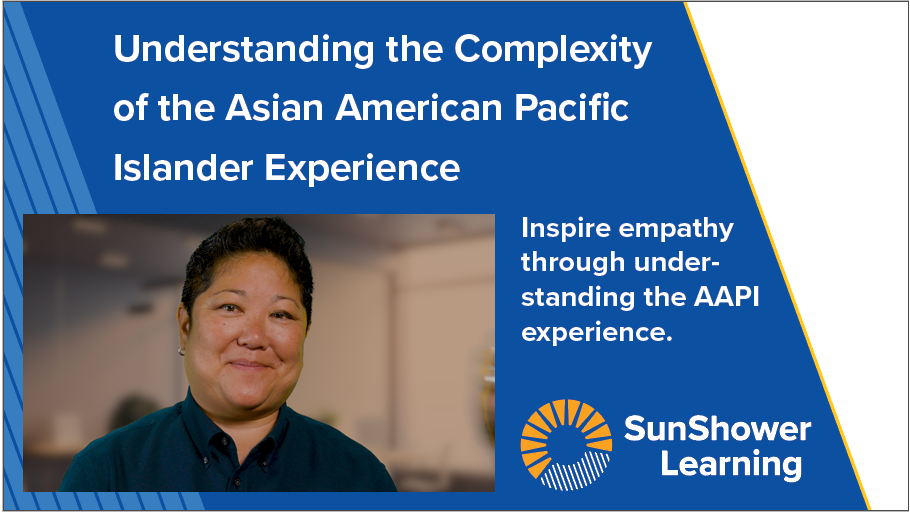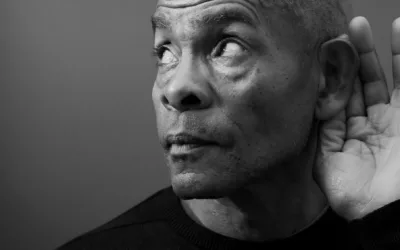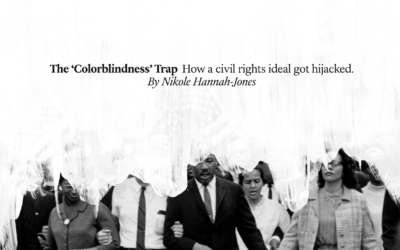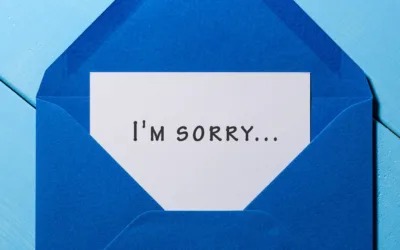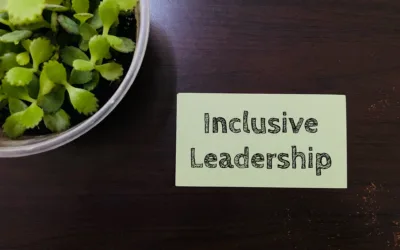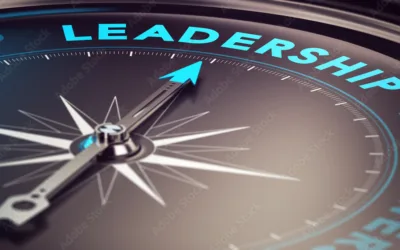Maslow’s Hierarchy and the Scientific Connection Between Belonging and Health
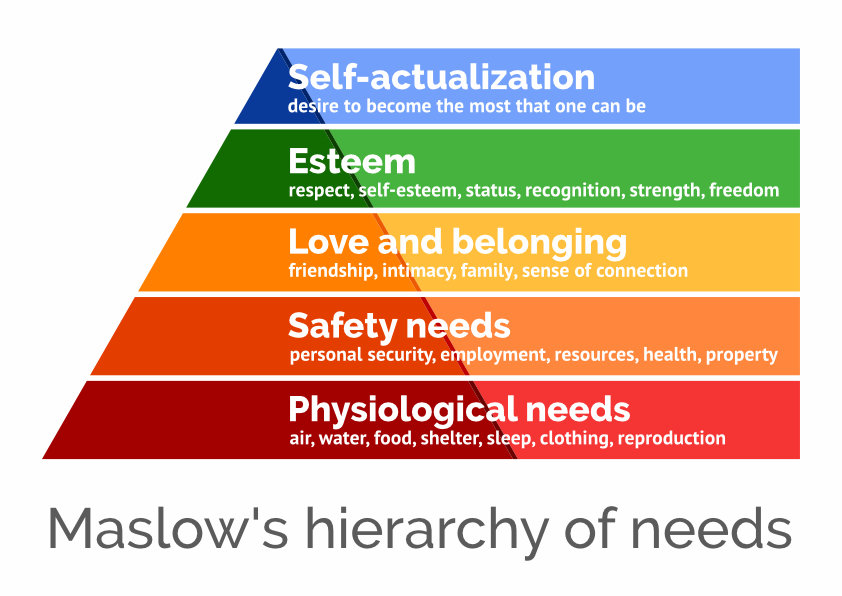
Humans have an innate need to belong. In fact, “love and belonging” are featured prominently in Maslow’s Hierarchy of Needs. This central model in psychology asserts that people are motivated by five basic categories of needs, and “belonging” (that is, the need to affiliate with and be accepted by members of a group) is right up there near things as fundamental as food and water. In other words, we humans long for belonging in much the same way that we hunger for food and thirst for water, and our survival depends on it. Without a sense of belonging, we run the risk of mental and physical illness. Today’s employers would be wise to pay attention to this. More than ever, people are seeking healthful environments in which to live and work, and much of this revolves around a sense of belonging.
The need for belonging is instinctual
Our need for belonging is embedded in our biological makeup. It’s instinctual and crucial for our development, wellbeing and survival. Even before birth, the psychophysiological connection between mothers and growing embryos reflects this. Upon entering the world, babies begin to scan for social clues, and they soon exhibit social behavior such as participating in verbal exchanges and smiling. As they grow, young children study social norms, model behavior and look to derive meaning and satisfaction from their familial and social connections. Across the lifespan, humans seek to be in relationship with others and to be accepted, and this behavior is purposeful.
Researchers believe that our need to belong can be traced back to the days of hunting and gathering when humans found strength in numbers. Our prehistoric ancestors lived in small groups where jobs were shared, and protection was communal. Back then, a person who wanted to go it alone – or who was rejected from the tribe – was unlikely to last very long. Developing strong group relationships, therefore, was a way to increase one’s chances of survival. And, to this day, our relationships protect us, provide us with a sense of identity and security, nourish us physically and emotionally and provide us with the capacity to manage stress.
We cannot separate a sense of belonging from our physical and mental health
Abounding studies demonstrate the importance of belonging. One of the most recognized and cited works on the topic of belonging is “The need to belong: Desire for interpersonal attachments as a fundamental human motivation.” The researchers – Professor Roy F. Baumeister, Ph.D., an emeritus professor of psychology at the University of Queensland, and Professor Mark R. Leary, Ph.D., an emeritus professor of psychology and neuroscience at Duke University – found that “belongingness appears to have multiple and strong effects on emotional patterns and on cognitive processes. Lack of attachments is linked to a variety of ill effects on health, adjustment, and well-being.”
Similarly, an 80–year, longitudinal Harvard study of health and aging revealed that close relationships keep people happy throughout their lives. Our connections with others delay mental and physical decline, and they are better predictors of our happiness and longevity than social class, IQ or genetics.*
As Robert Waldinger, director of the study, a psychiatrist at Massachusetts General Hospital and a professor of psychiatry at Harvard Medical School, stated:
“The surprising finding is that our relationships and how happy we are in our relationships has a powerful influence on our health.”
“Loneliness kills. It’s as powerful as smoking or alcoholism.”
“When we gathered together everything we knew about [the subjects] at age 50, it wasn’t their middle-age cholesterol levels that predicted how they were going to grow old. It was how satisfied they were in their relationships.”
And, George Vaillant, a psychiatrist who joined the team as a researcher in 1966 and led the study from 1972 until 2004, summarized his conclusions as follows:
“The key to healthy aging is relationships, relationships, relationships.”
Without a sense of belonging, employees are vulnerable to stress, illness and decreased wellbeing. Mayo Clinic warns us that “Depression, anxiety and suicide are common mental health conditions associated with lacking a sense of belonging. These conditions can lead to social behaviors that interfere with a person’s ability to connect to others, creating a cycle of events that further weakens a sense of belonging.”
The lesson here? Don’t lose sight of the B in your DEIB strategy
Cultivating a sense of belonging in the workplace is essential for creating a healthy and productive workforce. Employees must feel connected and accepted, and they must feel safe being authentic and vulnerable. Unfortunately, many report feeling quite the opposite.
One Harvard study found that 61 percent of employees feel pressure to “cover” some facet of their identity at work. “Hiding or covering was even higher for LGBTQ employees (83 percent), Black/African Americans (79 percent), women (66 percent), Hispanic/Latinx (63 percent), Asian/Pacific Islander (61 percent) and even heterosexual, white men (45 percent) who often felt they had to cover their age, disabilities or mental health.”
This is a serious matter that deserves the highest attention. Without the psychological safety that a culture of belonging engenders, employees typically disengage. They feel disempowered and unable to make their highest contribution. They won’t bring up concerns (or ideas, for that matter), and they are less likely to take advantage of resources meant to support their well-being. They have a higher propensity for illness, and they are more likely to resign.
Take heed with regard to your DEIB strategy. That “B” is in the acronym for a reason. Yet, without intention and attention around diversity, equity and inclusion, the critical element of belonging is untenable.
This is where SunShower Learning can help. We recognize that the path to belonging is paved by equitable workplace practices that value diversity and foster inclusion. And, we offer programs that help identify what gets in the way – the inequalities, microaggressions, biases, and decisions that can mean the difference between a healthy, productive team versus a set of disconnected, disengaged employees who feel they don’t belong.
We’re here to help you create a culture of belonging. Book a meeting today to learn more.
More From Our Blog…
Understanding Employee Responses to DEI Initiatives: Insights and Strategies
A recent study sheds light on a previously underexplored aspect of DEI training. While much focus has been placed on the facilitators, trainers and the content of DEI programs, this study examines how employees actually respond to the training. Published in Harvard...
SHRM’s Removal of “Equity” From DEI Framework: A Step Backwards Amid Growing Backlash
In a stunning step in the wrong direction, the Society for Human Resources Management (SHRM), the world’s largest HR association, has removed “Equity” from its “IE&D” framework. What message does this send, especially amid strong pushback against Diversity, Equity...
Navigating the Shifting Landscape of Diversity, Equity and Inclusion Programs
In the midst of the evolving landscape of corporate diversity initiatives, there's a seismic shift underway. The once-prominent acronym "DEI" - representing diversity, equity and inclusion - is notably absent from many company discussions. As explained in the article...
A Groundbreaking New Course: Understanding the Complexity of the Asian American Pacific Islander Experience
With over two decades of experience in the educational sector, Hideko Akashi, founder and lead consultant at Liberation Consulting, has been a steadfast advocate for diversity, privilege, social justice, inclusion and equity. Now, she's opening a new chapter with the...
The Deafening Silence of DEI Allies: A Call to Action in Troubled Times
As we commemorate the legacy of Rev. Dr. Martin Luther King Jr., his poignant words echo through the corridors of history, reminding us of the profound impact of silence in the face of injustice.” In the end, we will remember not the words of our enemies, but the...
DEI LEAP: Empowering Leaders Through Turbulent Times
DEI LEAP: Empowering Leaders Through Turbulent Times As we all know, 2024 has brought a wave of attacks against DEI. A handful of outspoken critics, such as Elon Musk, are misrepresenting DEI and attacking the strategies and practices that are creating more equitable...
The Colorblindness Trap
Read. This. Article. It's important. The Color Blindness Trap: How a civil rights ideal got hijacked Nikole Hannah-Jones is a domestic correspondent for The New York Times Magazine focusing on racial injustice. Her extensive reporting in both print and radio has...
The Unbearable Lightness of the “I’m Sorry if You Were Offended” Apology
Have you ever come across that non-apology apology? You know, the one that goes, "I’m sorry if you were offended," or its close cousin, "I’m sorry that you…" These non-apologies aren't just weak; they can actually inflict more harm and exacerbate hurt feelings. They...
The Power of Diversity: McKinsey’s Latest Report Reinforces the Business Case for Inclusive Leadership
In an era where corporate social responsibility is no longer just a buzzword but a fundamental aspect of successful business strategies, McKinsey's latest report, "Diversity Matters Even More: The Case for Holistic Impact," underscores the undeniable link...
“Laying Low” Is the Wrong DEI Strategy
“The ultimate measure of a man is not where he stands in moments of comfort and convenience, but where he stands at times of challenge and controversy.”- Martin Luther King, Jr. In an era marred by politicized attacks on diversity, equity and inclusion (DEI), Shaun...




